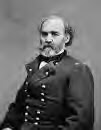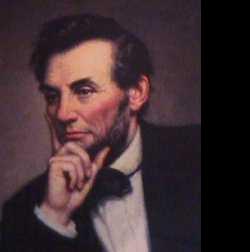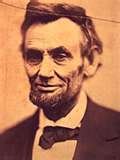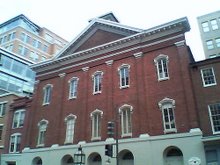

During the month of April, two very famous trains made their way through history, one in 1865 and one in 1945. Both were carrying the bodies of presidents who lead the country through wars and both carried the grief of an entire nation.
Abraham Lincoln’s funeral train, known as "The Lincoln Special," made a 1700-mile journey from Washington, D.C. back to Springfield, Illinois, from April 21st to May 4, and carried not only Lincoln’s body, but that of his son Willie, who died at age 11 of typhoid.
Mary, who was too distressed to make the trip, insisted that Willie’s body be disinterred and sent along to join his father in Springfield. Robert Todd Lincoln and some 300 other people accompanied the two coffins on board. The train consisted of 9 cars and stopped for 11 national funerals en route to Springfield.
In April, 1945, FDR’s funeral train made a 3-day journey from Friday, April 13th, to Sunday, April 15th over some 1,000 miles from Warm Springs Georgia to Hyde Park. The train needed two locomotives to pull the 11 cars and broke down three times from the sheer weight of hauling some very luxurious Pullmans.
So many wreaths and flowers were given by cities along the stops that soldiers guarding the casket had little room to stand.
In Robert Klara’s book "FDR’s Funeral Train," the atmosphere and secrets of that troubled passage are hauntingly documented, and though he does not spend time making comparisons between Lincoln’s train and FDR’s, he does point out that Eleanor Roosevelt was chillingly aware of the timing of the two trains. Part of her sad journey was on the very day of Lincoln's assassination.
Other than that, the two trains keep separate lives. While Lincoln’s train has achieved phantom status, reportedly making its run every anniversary, so far FDR’s train has had no such repeated sightings.

















